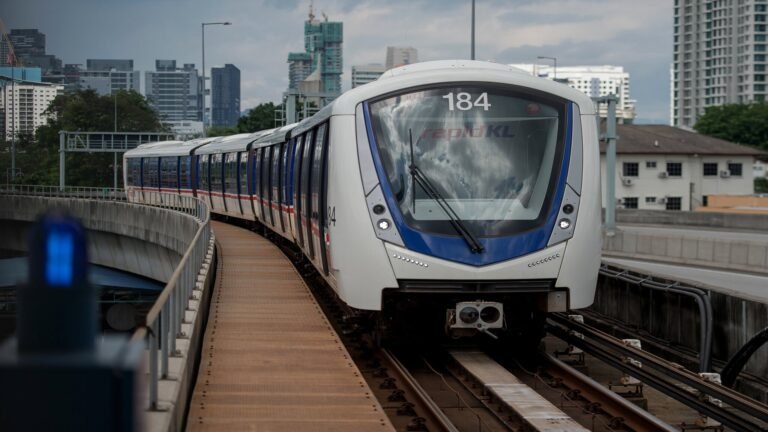
KUALA LUMPUR: The government is contemplating the use of identification card-linked databases, along with e-wallets and debit cards, to implement a two-tier pricing strategy for RON95 petrol subsidies.
Datuk Johan Mahmood Merican, the treasury secretary-general of the Finance Ministry, highlighted the importance of creating a system that minimizes subsidy leakages.
“The government is committed to ensuring that all Malaysians benefit from subsidies. The details of this mechanism are still being fine-tuned and will need to be finalized. This is why Prime Minister Datuk Seri Anwar Ibrahim indicated that the rollout is expected around mid-next year,” he stated.
These comments were made to reporters during the Post-Budget 2025 Debate hosted by the Malaysian Economic Association (MEA) on Monday (Oct 21).
MEA president Yeah Kim Leng was also in attendance.
The session was moderated by Tan Sri Sulaiman Mahbob, the chairman of the Malaysian Institute of Economic Research board of trustees, featuring panellists such as Tan Sri Noor Azlan Ghazali, director of the Malaysian Inclusive Development and Management Institute, and Firdaos Rosli, chief economist of Ambank Group.
When discussing the RON95 subsidy system, Johan noted that it may incorporate mechanisms similar to those used in the Subsidised Diesel Control System (SKDS).
He emphasized that setting pump prices to market rates is beneficial as it leads to a reduction in subsidy leakages.
“We have identified leakages following the introduction of the diesel subsidy system, occurring not just at the borders but also in industries that ought to purchase at market rates.
“Despite this, we have seen a 30 percent reduction in diesel sold at petrol stations and an increase in commercial sales, which suggests that both issues are being managed effectively,” he concluded. – Bernama



